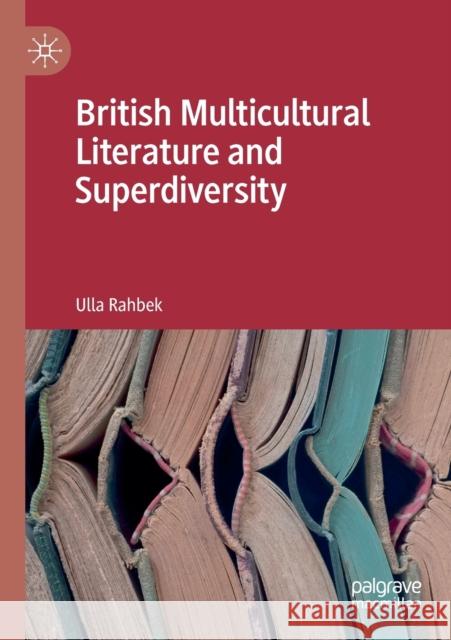British Multicultural Literature and Superdiversity » książka
topmenu
British Multicultural Literature and Superdiversity
ISBN-13: 9783030221270 / Angielski / Miękka / 2020 / 224 str.
British Multicultural Literature and Superdiversity
ISBN-13: 9783030221270 / Angielski / Miękka / 2020 / 224 str.
cena 201,24
(netto: 191,66 VAT: 5%)
Najniższa cena z 30 dni: 192,74
(netto: 191,66 VAT: 5%)
Najniższa cena z 30 dni: 192,74
Termin realizacji zamówienia:
ok. 16-18 dni roboczych.
ok. 16-18 dni roboczych.
Darmowa dostawa!
Kategorie:
Kategorie BISAC:
Wydawca:
Palgrave MacMillan
Język:
Angielski
ISBN-13:
9783030221270
Rok wydania:
2020
Wydanie:
2019
Ilość stron:
224
Waga:
0.28 kg
Wymiary:
21.01 x 14.81 x 1.24
Oprawa:
Miękka
Wolumenów:
01
Dodatkowe informacje:
Wydanie ilustrowane











